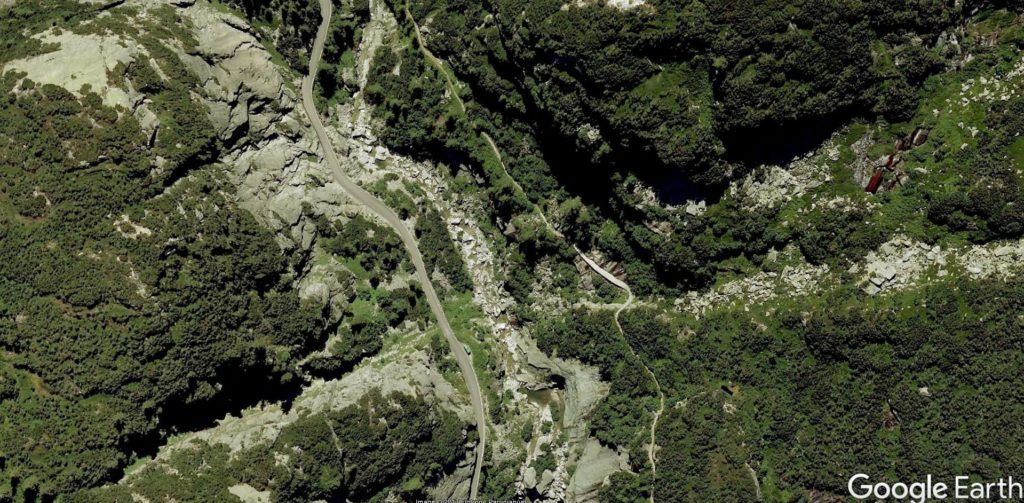 Candidate: Marco Zapata Torres
Candidate: Marco Zapata Torres
Supervisors: Kerry Leith, Jordan Aaron, Simon Allen (UZH)
Institution: University of Zurich, ETH Zurich
Activity: Beginning Spring 2018
Introduction
Undercutting of rock slopes by either (river or glacier) erosion or highway construction commonly leaves overhanging unstable blocks that collapse after a period of time, endangering people and property, and changing the local geomorphological environment. When bedding or foliation dips steeply out of the slope, such failures often lead to an ‘unravelling’ of the rock slope as the process continues somewhat indefinitely. This situation is of great interest to both engineers and geomorphologists, as the rate of rockfall affects the risk and associated maintenance costs for structures, while the form of partially unravelled rock slopes can provide important information on the timing of major erosional events. While it is a simple task to evaluate the stability of such blocks using a limit-equilibrium model (e.g. balancing the gravitational forces against basal resistance, and intact tensile strength), assessing the time it takes for such slopes to unravel is slightly more difficult.
In this project, you will adapt a simple limit-equilibrium model created in the software ‘Matlab’ in order to test the effect of varying rates of tensile strength and cohesion loss. We will use a test site on Grimsel Pass, where pre-unravelling and present-day geometries are known, as well as the timing of river erosion and road construction. By measuring bedrock fracture properties, varying the rate of strength decay, and comparing model results to the present-day profile, we hope to be able to calculate the rate of strength decay and rockfall at this site.

Recent Comments